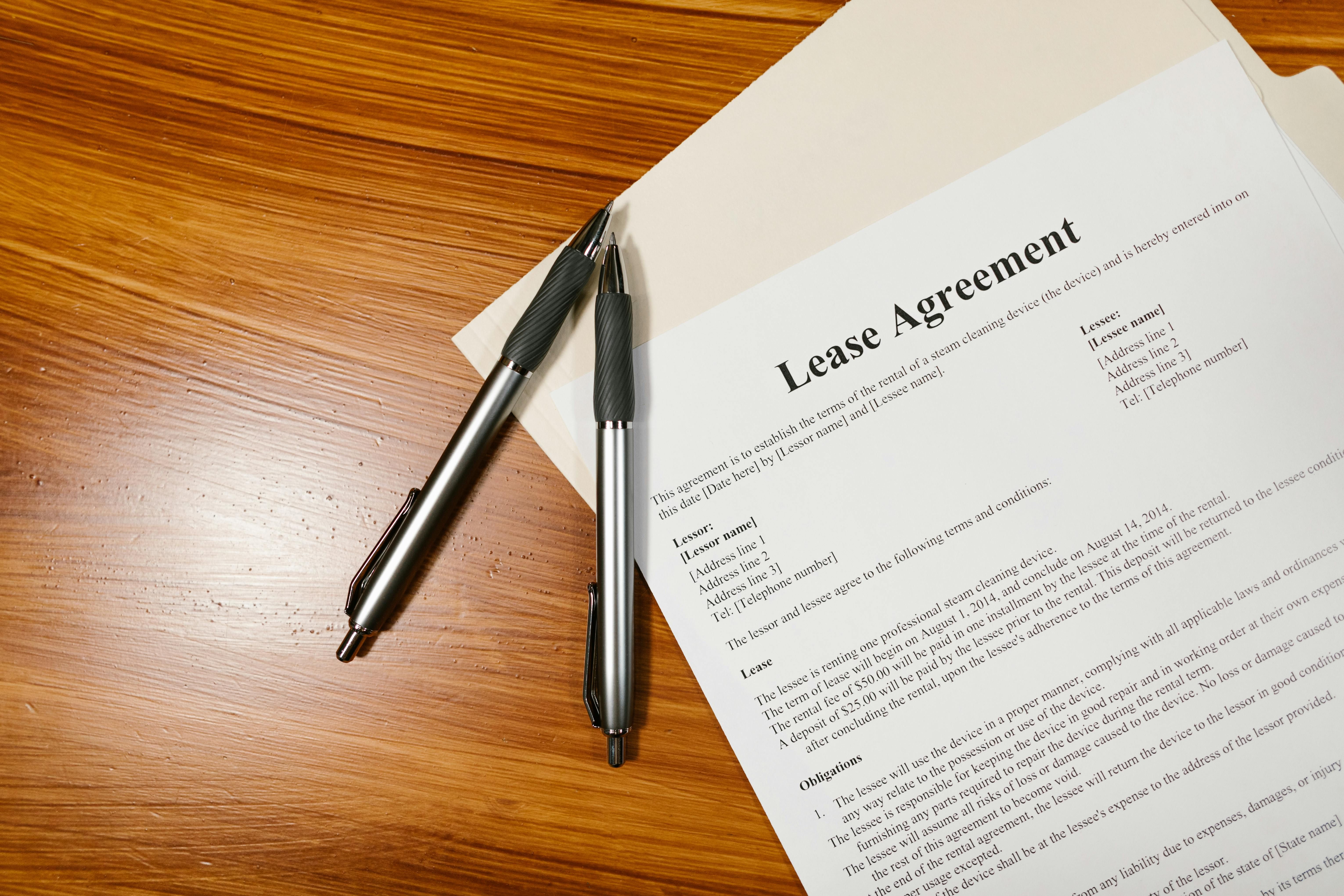Why Clarity Is Your Best Leasing Strategy
Most lease disputes don’t come from bad tenants—they come from unclear expectations. Misunderstandings about deposits, pets, maintenance, or guests can strain even the best landlord-tenant relationships. A clear, consistent leasing process prevents those headaches long before move-in day.
At PMI North Atlanta, we believe a strong lease is more than a document—it’s a foundation for trust, predictability, and long-term success for rental property owners.
Document Everything from Day One
The most common source of conflict? Disagreements over property condition. When there’s no proof of the home’s state before move-in, any damage later becomes debatable.
Create a paper trail that protects you:
Conduct a detailed walkthrough with tenants present.
Use a standardized condition report and have both parties sign it.
Capture timestamped photos or video of each room.
Clearly define “normal wear and tear” within the lease.
Strong documentation doesn’t just defend your security deposit—it builds credibility with tenants and makes move-outs smoother.
Modernize Rent Collection
Late or missed rent often stems from confusion, not defiance. Outdated collection methods make it easy for payments to slip through the cracks.
Switching to digital rent collection simplifies everything:
Specify due dates, grace periods, and late fees in writing.
Offer online payment options with automatic reminders.
Track all transactions through a tenant portal for accuracy.
When payments are clear, convenient, and documented, disputes drop—and cash flow becomes reliable.
Learn more about our Owner Services here.
Stay Ahead of Maintenance Issues
Unresolved maintenance problems are one of the fastest ways to lose tenant trust—and create legal risk. A small leak or faulty outlet can escalate quickly if ignored.
Smart maintenance management includes:
Accepting requests through multiple channels (portal, phone, or email).
Logging all work orders and responses.
Scheduling seasonal inspections to catch small issues early.
Responsive maintenance keeps residents satisfied and encourages renewals—saving rental property owners turnover costs and stress.
Be Clear About Pets and Guests
Even in pet-friendly rentals, rules must be clear and consistent. Without structure, a friendly “exception” can turn into an ongoing liability.
Every lease should outline:
Which pets are permitted (and size or breed limits).
Required deposits, fees, or pet rent.
Guest stay limits and expectations.
Consequences for violations, documented in writing.
Firm but fair policies prevent tension and make enforcement straightforward when issues arise.
Plan for Early Terminations
Life happens—job relocations, family changes, or emergencies can force tenants to move unexpectedly. If your lease doesn’t address this, you may face avoidable losses.
Add clear terms for:
Notice periods (30 or 60 days).
Fixed early-termination fees or liquidated damages.
Documentation for any agreed changes.
Having these clauses in place makes transitions professional, predictable, and financially manageable for rental property owners.
Define Damage vs. Normal Wear
Few topics cause more frustration than deciding whether a repair is “tenant damage” or “normal wear.” Prevent conflict by defining both in your lease.
Include clear examples (e.g., faded paint = wear; broken blinds = damage) and back up your documentation with move-in and move-out photos. This clarity keeps security deposit deductions fair and defensible.
Screen Applicants Consistently
Good tenants make great leases work. A standardized screening process ensures fairness, reduces risk, and keeps you compliant with housing laws.
Each applicant should go through the same steps:
Background and credit checks
Income verification (ideally 3x monthly rent)
Application criteria applied equally to all
Consistency protects rental property owners and supports a more professional leasing process overall.
Put Everything in Writing
Even the most trustworthy tenants can misremember verbal agreements. Always follow up on conversations with written confirmation or addenda. Keep all lease documents, communication logs, and maintenance records in a secure, centralized location.
Clear records eliminate confusion, support legal compliance, and preserve strong relationships with tenants.
Be Thoughtful with Rent Increases
Rent adjustments are part of business—but timing and communication matter. Abrupt or unexplained increases can trigger turnover.
A professional approach includes:
Providing at least 60 days’ notice.
Explaining the reason for the increase (market rates, inflation, or upgrades).
Offering renewal incentives or flexible options when possible.
Handled thoughtfully, rent adjustments feel fair—not personal.
Why Full-Service Leasing Makes a Difference
A successful lease doesn’t end with tenant placement—it continues with communication, consistency, and follow-through. PMI North Atlanta manages every step with transparency and documentation, giving rental property owners confidence and tenants peace of mind.
Contact PMI North Atlanta today to discover how our full-service approach prevents disputes before they start and keeps your rental operations running smoothly.


